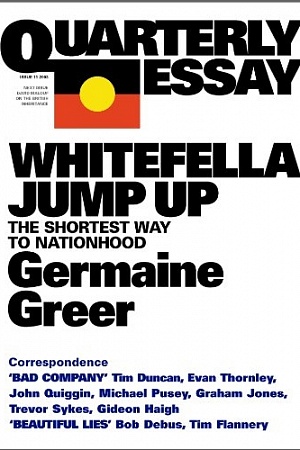The Wife of Bath
Princeton University Press, US$29.95 hb, 336 pp
‘Wommen moste desiren’
In her 2019 biography, Chaucer: A European life, Marion Turner provides a fine-grained social context for the poet’s life – from early days. Young Geoffrey Chaucer, we learn, would likely have been educated in a school such as London’s St Paul’s, with its generously stocked library, and a ‘master’ who ‘sat in a chair of authority, raised up, surveying the room’, and whose pedagogical style allowed for disputation.
I first encountered Chaucer in my convent school in the ‘Library’ that served as the Matric classroom. The room was, to our eyes, rather grand (converted from a nineteenth-century ‘Coffee Palace’) and the ‘mistress’ sat at a high desk, where she read to us in whatever accent the books under study required. She made short work of Chaucer’s ‘th’s’ and feminine endings and participle forms (‘yronne’, etc.), demystifying forever a language that might otherwise have proved a barrier to my rampaging enjoyment. Her name was Mrs Moore. She was austere but had a flinty wit, and she connected a seventeen-year-old girl with a literary world of such astonishing vitality that it has never left her.
The Wife of Bath: A biography is Marion Turner’s second foray into Chaucer’s work, and while her focus in this new ‘biography’ is narrower – on a single Chaucerian character rather than Chaucer’s whole fourteenth-century world and life – her ambition and effect remain consistent. Turner is a builder of contexts and connections – between literature and life, between the medieval and the contemporary, between work and play, culture and politics – sexual or societal.
Continue reading for only $10 per month. Subscribe and gain full access to Australian Book Review. Already a subscriber? Sign in. If you need assistance, feel free to contact us.















Leave a comment
If you are an ABR subscriber, you will need to sign in to post a comment.
If you have forgotten your sign in details, or if you receive an error message when trying to submit your comment, please email your comment (and the name of the article to which it relates) to ABR Comments. We will review your comment and, subject to approval, we will post it under your name.
Please note that all comments must be approved by ABR and comply with our Terms & Conditions.